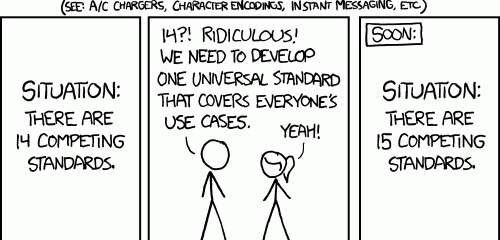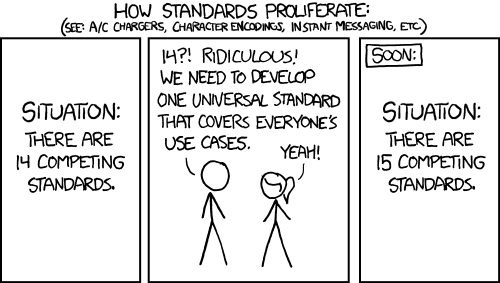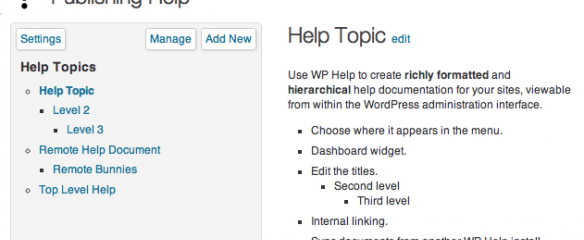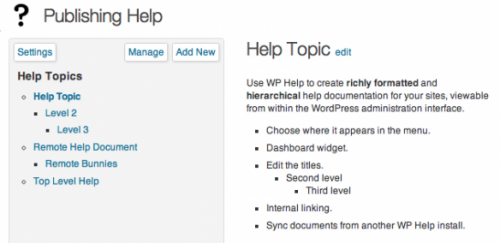Just when web developers got a little bit of hope, Slashdot reports on the bad news.
Until now the two standards bodies working on HTML5 (WHATWG and W3C ) have cooperated. An announcement by WHATWG makes it clear that this is no longer true. WHATWG is going to work on a living standard for HTML which will continue to evolve as more technologies are added. W3C is going the traditional and much more time consuming route of creating a traditional standard which WHATWG refers to as a ‘snapshot’ of their living standard. Of course now being free of W3C’s slower methods WHATWG can accelerate the pace of introducing new technologies to HTML5. Whatever happens, the future has just become more complicated — now you have to ask yourself ‘Which HTML5?’
Even if it sounds good, it is actually really bad. HTML5 is already complicated enough, and all major browsers support a different subset of it, and even those things which are supported do differ in the way of how. Splitting the standard just complicated things further. The fact that this is not exactly new, doesn’t really matter. Saying that it won’t be harmful, is silly. As is the whole point of a “living standard”. Like a few people mentioned in Slashdot comments, “living standard” is an oxymoron. The whole point of standard is to provide a static point of reference. Splitting is not a solution to the problem. It’s quite the opposite. Consider this xkcd comics for illustration, which is nothing but the truth.



